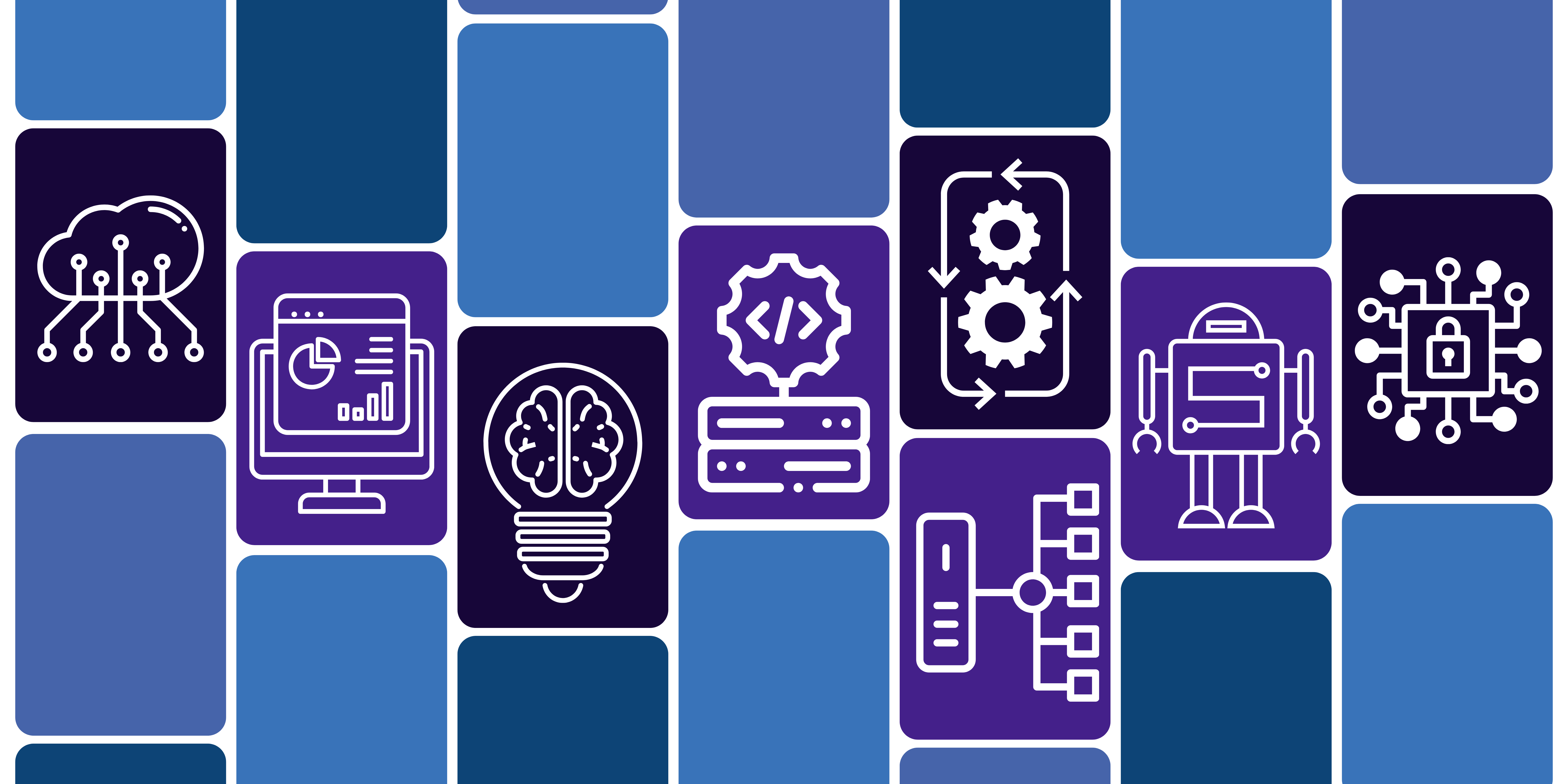Master's profiles can be completed in both the Master of Informatics and the Master of Computer Science.
The KIT Department of Informatics offers eight different profiles in the Master's degree program in Informatics. If you attend the courses required by a profile, you will receive a certificate on the special knowledge acquired in addition to the master's degree. For example "Master of Science with profile IT Security".
Profiles are to be seen as a structuring of the Master's program and do not require any additional effort. A Master's degree with self-chosen specializations is still possible and completely equivalent. The examination regulations for the Master's degree program are still valid for a Master's program with profile.
Procedure
Students who wish to complete a profile are strongly advised to draw up a study plan at the beginning of their studies. The purpose of the curriculum is to structure the programme of study. If no courses other than those specified in the profile are taken, no further steps are required.
If courses are omitted, substitute courses will be offered. The profile coordinator may also agree that courses other than those specified in the profile description are taken as part of the profile.
At the end of the study program, the completed study plan must be handed in to the ISS (beratung-informatik∂informatik.kit.edu) with the signature of the responsible profile coordinator. The ISS checks whether the conditions for the respective study profile are fulfilled and arranges for the certificate to be handed over to the graduate. The certificate will only be handed over if the Master's degree program has been successfully completed in total.
The guideline for the establishment of study profiles in the master's programme in Computer Science can be found here.
The template for the submission of a study plan can be found here.
In a nutshell
Data-intensive computing
"Big Data" refers to the rapidly growing amounts of data that are being generated in science, technology, and our daily lives. Technologies such as "cloud computing" and "multi-core processors" make it possible to process these large amounts of data. In order to gain meaningful knowledge from this flood of data, competences in Data Science, scientific computing, parallel processing and algorithms are necessary. This study profile combines all these aspects and is equally interdisciplinary, theoretically sound and oriented towards current applications.
more
Energy Informatics
Designing the energy supply of the future to be efficient, sustainable and robust is a fundamentally important concern for society as a whole. Computer science plays a central role in the design, implementation and safeguarding of modern energy systems. The study profile focuses on the required computer science methods coupled with the necessary technical knowledge of energy systems with the goal of a secure and sustainable energy supply.
more
IT Security
Progressive digitalization and networking are continuously changing our lives and now influence a considerable part of our daily activities. This results in many new possibilities and opportunities, but also in great risks, e.g. due to data theft or data manipulation as well as surveillance. The study profile IT Security focuses on cryptographic methods and especially on their use in complex IT systems. Security plays a central role here, but legal aspects such as data protection, privacy as well as the needs and limits of state surveillance in the use of security systems also have a decisive part.
more
Artificial Intelligence
Artificial intelligence is the name given to that part of computer science that deals with perception, thinking, communication and learning in intelligent systems. Intelligent systems are part of our society and are indispensable (e.g. smartphones, autonomous vehicles). The study profile focuses on the basic algorithms in the field of machine learning with application to the individual components of intelligent systems (e.g. language, visual perception, interaction).
more
Multi-Scale Computing Systems
The application areas of computing systems range from embedded systems, personal mobile devices, desktops to high-end servers (warehouse-scale computing, massively parallel supercomputers). Embedded systems are connected via the Internet-of-Things (IoT) or form Cyber-Physical Systems (CPS), for example in industrial automation. With the Multi-Scale Computing Systems study profile, students acquire the competencies to deploy, build, program, and design computing systems that meet the requirements of a connected world.
more
Robotics
Robotics is an interdisciplinary field of research and at the same time a key technology that contributes significantly to solving societal and economic challenges and to improving our quality of life. The study profile is interdisciplinary, so that the main questions of autonomous and cognitive robotics are addressed both from the algorithmic point of view (e.g. perception, action generation, learning) and from the technical point of view (construction and function of robot components and robot systems).
more
Software Engineering
Software is the cornerstone of digitalization: It is impossible to imagine everyday life without software-based services, and their share in society is continuously increasing. At the same time, new areas of application, such as modern mobility systems, will also present software development with methodological challenges in the future. The study profile covers the methodological and technological competences to systematically develop, validate and verify complex software systems. In the Software Engineering profile, courses on compiler construction, semantics and verification can also be taken.
more
Visual Computing
Visual Computing comprises various research areas in which algorithms for the generation, processing and representation of visual and visualizable processes or data are designed and analyzed. The field includes methods for the acquisition, generation and production (e.g. by means of 3D printing) of geometric objects and spatial scenes. Other areas of focus include photorealistic computer graphics, physics-based simulation, scientific visualization, as well as animation and virtual and augmented reality. Furthermore, applications can be found e.g. in the field of human-machine interfaces.
more

